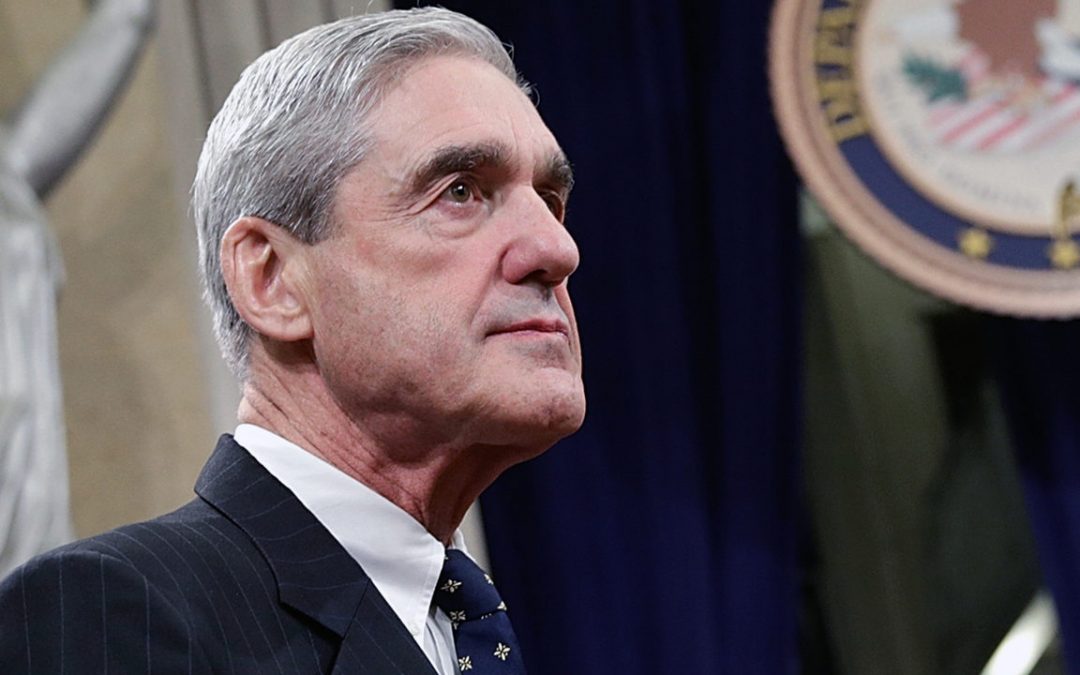Former special counsel Robert Mueller will testify to Congress in open session next month about his investigation of Russia’s interference in the 2016 election and possible obstruction of justice by President Trump.
The House Judiciary and Intelligence committees, in a late-night announcement today, said that “pursuant to a subpoena” Mueller has agreed to appear before both panels on July 17.
“Americans have demanded to hear directly from the special counsel so they can understand what he and his team examined, uncovered, and determined about Russia’s attack on our democracy, the Trump campaign’s acceptance and use of that help, and President Trump and his associates’ obstruction of the investigation into that attack,” said House Judiciary Committee Chairman Jerrold Nadler (D-N.Y.) and House Intelligence Committee Chairman Adam B. Schiff (D-Calif.) in a statement. “We look forward to hearing his testimony, as do all Americans.”
The session comes as nearly 80 House Democrats have called for launching impeachment proceedings against Trump, arguing that he has ignored the Constitution that he took an oath to defend while repeatedly refusing to cooperate with congressional investigations.
Mueller’s testimony is certain to provide the headline-grabbing, made-for-cable television testimony that Democrats have been craving since the release of the 448-page, redacted report on April 18.
The rarely seen Mueller spoke briefly in May when he said that his office could neither clear nor accuse Trump of obstructing justice, leaving room for Congress to make a call where he would not and fueling impeachment demands among some Democrats.
In this March 24, 2019 photo, then-special counsel Robert Mueller walks past the White House, after attending St. John’s Episcopal Church for morning services, in Washington. (Cliff Owen/AP)
It was his first public remarks on the case since he concluded his investigation. Mueller said that if his office “had confidence that the president clearly did not commit a crime, we would have said so,” and noted that the Constitution “requires a process other than the criminal justice system to formally accuse a sitting president of wrongdoing.”
Over the course of a two-year investigation, the special counsel charged 34 people, including 26 Russian nationals, and secured guilty pleas from seven, including several high-level Trump campaign and administration officials.
The investigation concluded in March, and the following month the Justice Department released the office’s 448-page report documenting its work.
The report said investigators found insufficient evidence to show a conspiracy between the Trump campaign and Russia to influence the election and reached no conclusion on whether Trump obstructed justice — despite laying out a series of episodes of the president apparently seeking to stymie the investigation.
Mueller’s team wrote that they were bound by Justice Department policy that forbids the indictment of a sitting president from deciding or alleging — even privately — that Trump had committed a crime.
Trump has dismissed Mueller’s investigation as a “witch hunt” or a politically motivated attacks from Democrats unwilling to accept his White House triumph.
The much anticipated news comes as Democrats grappled with whether to subpoena Mueller, who was reluctant to testify in public.
They all believed he had a duty to the public to answer questions about the report, but how far they were willing to go to force him into the witness chair was another matter.
